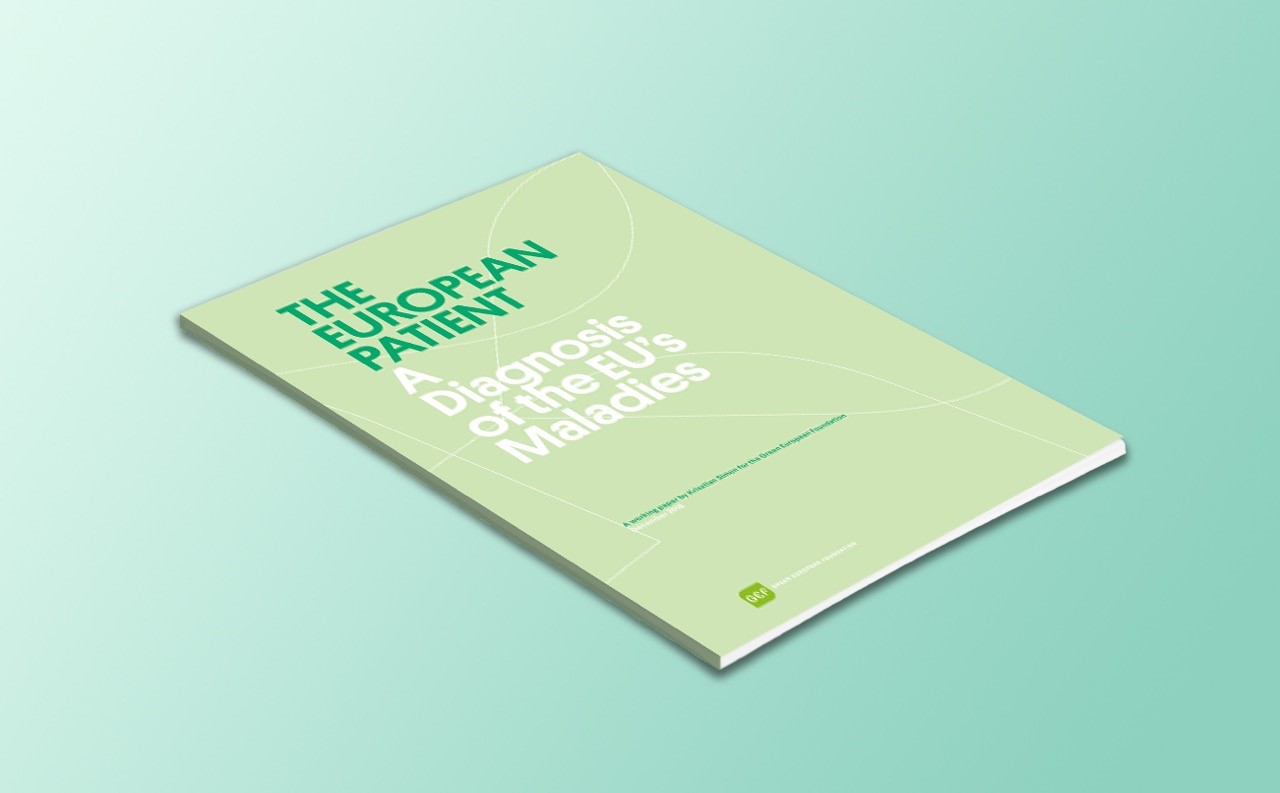
It is more evident than ever that politics at a national level alone cannot provide the solutions for the most challenging issues of our time. In this sense, a true European response is fundamental in ensuring a success of the causes the Greens are fighting for: environmental protection, an efficient use and a safe and sustainable production of energy, a reorientation of our economy to guarantee social inclusion and social security and – on the world stage – peace, development and the consolidation of democracy and fundamental rights.
But all of this cannot be achieved without genuine conversation and participation of both European politicians and the citizens they serve. In order to inspire them to engage with the European Union and work with colleagues across borders, this book aims to change the perception of the EU as a complex institution, which is hard for citizens to interact with.
Through an accessible and reader-friendly format, Europe for Beginners presents some of the most useful information on how the EU operates: what the different institutions do, how decisions are made, how EU law is enforced and how the EU is funded. It also includes a discussion of the role of democracy, the rights of European citizens and the challenges for a true European democracy, such as the power of lobbies.
Downloads this manual in English, French, Spanish, Czech or German below.


